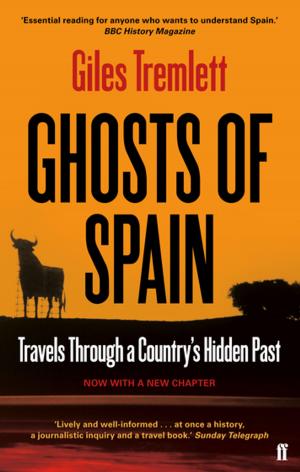| Author: | Francis Bennett | ISBN: | 9780571322046 |
| Publisher: | Faber & Faber | Publication: | October 16, 2014 |
| Imprint: | Faber & Faber | Language: | English |
| Author: | Francis Bennett |
| ISBN: | 9780571322046 |
| Publisher: | Faber & Faber |
| Publication: | October 16, 2014 |
| Imprint: | Faber & Faber |
| Language: | English |
First published in 1998, Making Enemies was the opening volume in Francis Bennett's Cold War trilogy.
'For all of us now the Cold War is history... What interested me as a writer was how we survived. What went on behind the scenes?... I went looking for my own fictional explanations for historical events.' Francis Bennett
Making Enemies centres on the race for the hydrogen bomb in 1947. Russia and the West, wartime allies, are now bitter enemies. Soviet Colonel Andropov tries to stall Britain's development of a nuclear deterrent, and a young British army officer unwittingly becomes enmeshed in his conspiracy.
'[Making Enemies] is more than the intelligent reader's spy thriller... Like all the best historical novels, the authenticity of background and time lend the story added credibility. I have never read the relationship between an intelligence officer and his pawn described so well.' Phillip Knightley, Daily Mail
First published in 1998, Making Enemies was the opening volume in Francis Bennett's Cold War trilogy.
'For all of us now the Cold War is history... What interested me as a writer was how we survived. What went on behind the scenes?... I went looking for my own fictional explanations for historical events.' Francis Bennett
Making Enemies centres on the race for the hydrogen bomb in 1947. Russia and the West, wartime allies, are now bitter enemies. Soviet Colonel Andropov tries to stall Britain's development of a nuclear deterrent, and a young British army officer unwittingly becomes enmeshed in his conspiracy.
'[Making Enemies] is more than the intelligent reader's spy thriller... Like all the best historical novels, the authenticity of background and time lend the story added credibility. I have never read the relationship between an intelligence officer and his pawn described so well.' Phillip Knightley, Daily Mail















